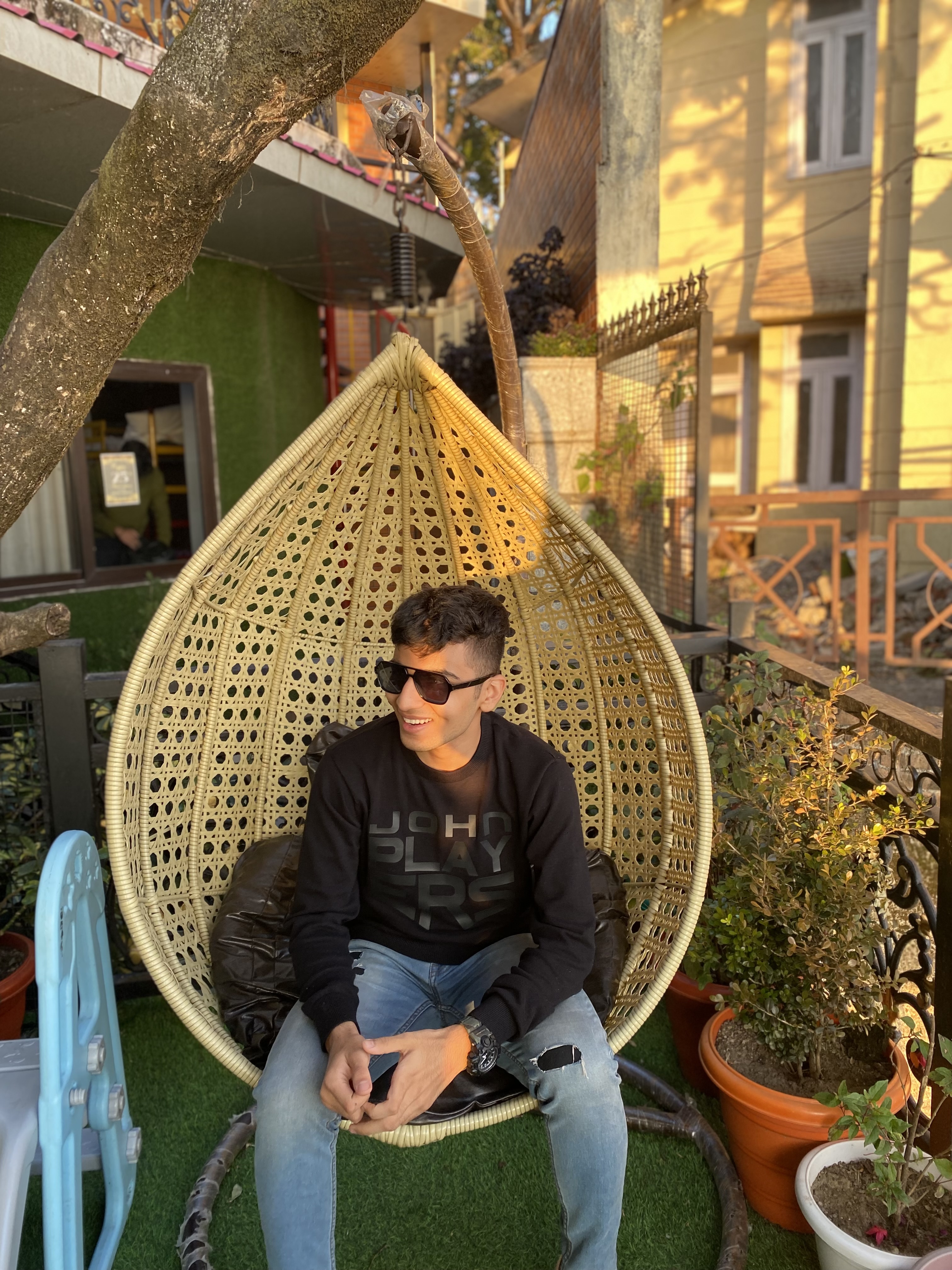Deutsche Bank Intern

Credits - Mudit Sethia, B.Tech, Mechanical Engineering 2025
Can you briefly describe your role as a summer analyst in sales and trading at Deutsche Bank? What specific desk or team were you part of?
I interned as a summer analyst in the Global Emerging Markets (GEM) trading desk at Deutsche Bank, focusing on Asia. My role was to facilitate the trading desk, which operates primarily onshore in various countries. Although I was based in Mumbai, the trades were executed in locations like Singapore or other regional onshore offices. Essentially, my job involved assisting traders in Singapore by providing them with the tools and insights they needed to execute trades efficiently. This meant working closely with the trading desk to ensure seamless operations and accurate data flow.
What were your key responsibilities during the internship?
The responsibilities in my role primarily involved supporting the trader with tasks required at the desk. This included activities such as backtesting a product to analyze its historical performance or providing insights based on past data. Another key aspect of the role was assisting with pricing structured products. Sales and trading teams in an investment bank mainly deal with structured products, each having unique pricing mechanisms and associated risks. For instance, a trader might request pricing for a specific product, and it would be my responsibility to provide accurate calculations. The trader, in turn, manages a “book,” which consists of various financial positions. For example, consider a trade for an agency conducting business in India but headquartered in Singapore. Ideally, such an agency would prefer all their finances to be in Singapore dollars (SGD). To hedge their currency risk, they would approach Deutsche Bank to set a predetermined SGD to INR (Indian Rupees) exchange rate. Deutsche Bank facilitates this by offering the hedge at a marked-up price compared to the current market rate. This markup is the bank’s profit. Once the trade is executed, regardless of how the SGD-INR exchange rate fluctuates, Deutsche Bank ensures that the client’s cash flow is converted at the agreed-upon rate. This process involves significant risk management, and the trader at the onshore desk must account for various factors to maintain balance in the book. The example of an SGD-INR hedge is just one scenario. Similar principles apply to other structured products involving different bonds or currencies. Ultimately, trading is not just about managing a single security but rather a portfolio—or book—of multiple securities. Most of these securities are correlated, and instead of micromanaging each one, the trader focuses on the broader strategy for the entire book. This holistic approach allows for more efficient decision-making and risk management, which are crucial aspects of the trader’s role.
What technical and soft skills were essential for the role? How did you prepare for them?
From a technical standpoint, being comfortable with Python and Excel is crucial. Python, especially libraries like Pandas and NumPy, plays a pivotal role in data manipulation and analysis. Most investment banks also have proprietary Python libraries for tasks like pricing and risk calculation, so adaptability and quick learning are key. On the soft skills front, communication is vital. Whether you’re presenting your analysis or pointing out vulnerabilities in a model, clear articulation of ideas is indispensable. Moreover, effective communication requires not only subject knowledge but also the ability to convey insights persuasively and confidently.
What was your experience living in the city where you interned?
During the internship, I lived in my IITB hostel only. While this helped me save on rental costs, it meant commuting daily to Nirlon Knowledge Park in Jogeshwari, which took 30–35 minutes in the morning and up to an hour or more in the evenings. Deutsche Bank’s policy of providing free transportation post-8:30 PM and a morning cab pickup made travel much easier. Although some interns opted for rented apartments, the costs could climb to around ₹1 lakh for two months, making the hostel a more economical choice for me.
How has this internship influenced your future career aspirations?
This internship has solidified my interest in finance, although I’m still exploring whether to pursue trading roles, investment banking (IB), or mergers and acquisitions (M&A). Deutsche Bank offers an excellent foundation, as the skills and experiences gained here are transferable across various domains like quant roles, private equity, and even startups. The brand value of Deutsche Bank, especially as one of the largest bulge bracket banks, adds immense weight to one’s profile. Notably, the Sales and Trading division for Fixed Income and Currencies ranks as the sixth largest globally, making it an exceptional platform for growth. In the near term, I plan to continue with Deutsche Bank, having received a pre-placement offer (PPO) after my internship.